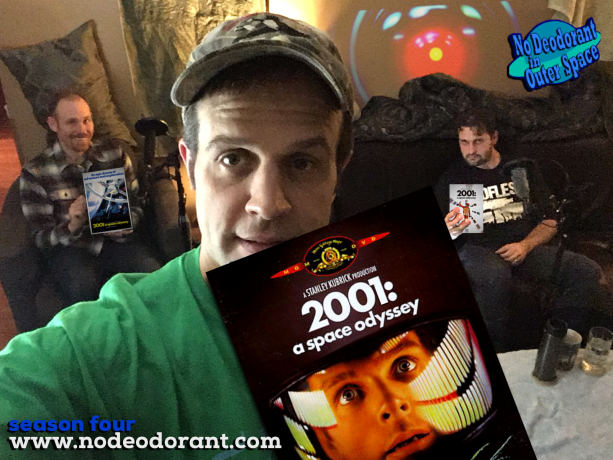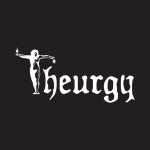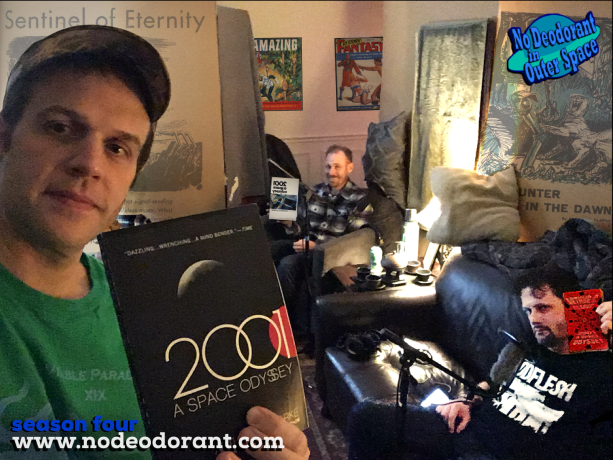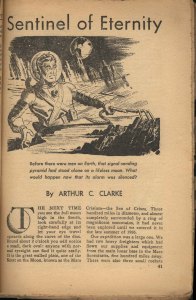PODCAST:
S4E11M – 2001: A Space Odyssey (movie)*
SHOW NOTES:
Wherein we ride this cosmic starship past the moon and head straight for the rings of Saturn—rather, Jupiter. Once more round the sun I am accompanied by musician John Doyle a/k/a Dole (I Decline, Theurgy) and sci-fi fan Richard Bacon. We three arrive, at last, to stare in perplexed amazement and wonder at this speculative fiction masterpiece.
It was no surprise that this film received universal praise from all three of us. While Ryan tended to cite examples of contributions by others including the co-creator of the story and the recruitment of clever forerunners in the special effects field, the guests were more focused on the director’s vision. Dole greatly appreciated that in the film everything was not explained for him and much was left to the viewer’s interpretation—though, he admitted the book provided a new perspective. Rich agreed and recounted a screening of the work he attended while in university that was introduced by actor James Earl Jones who provided some historical context.
Like, as before, we closed out this episode with another teaser track from Dole’s “Theurgy” band project (Facebook Page: https://www.facebook.com/Theurgy-233634134183768/) called “Dreamcatcher”. Check out this preview of dark wave music at the end of the episode!
-Ryan
WRITTEN BOOK REVIEWS:
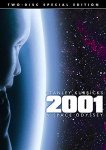 “2001: A Space Odyssey (1968)” by Stanley Kubrick (movie)
“2001: A Space Odyssey (1968)” by Stanley Kubrick (movie)
Ryan: 5 Stars “…an ode to space travel and mankind’s cosmic destiny that takes painstaking attention to scientific detail with deft poetic breath and all around general sense of contemplative bewilderment and awe…”
Dole: 5 Stars “…mind-blowing…I mean it’s so influential on any sci-fi film ever since created…”
Rich: 5 Stars “…a cinematic masterpiece—a must see, for anyone who wants to appreciate serious films…”
FUN FACTOIDS:
On this episode Ryan mentioned a collection of audio interviews of the director which included a collage of still photos. You can watch “Stanley Kubrick: The Lost Tapes” on YouTube here: https://youtu.be/QsSV6yZZIVk.
Some other podcasts about our subject work mentioned (maybe not by name) on our episode were the
Now Playing Podcast (http://www.nowplayingpodcast.com/episode.htm?id=1222) and a June 2018 interview of Michael Benson author of “Space Odyssey: Stanley Kubrick, Arthur C. Clarke, and the Making of a Masterpiece” by Martin Bandyke for Under Covers and the Ann Arbor District Library (https://aadl.org/node/377257).
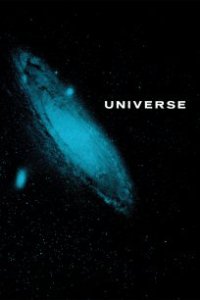 There were two short documentaries which inspired the special effects for this movie and where the director curated some of his crew. One was “To the Moon and Beyond” which was part of the 1964/1965 New York World’s Fair Exhibit and narrated by Rod Serling (Wiki: https://en.wikipedia.org/wiki/To_the_Moon_and_Beyond). The other film was titled “Universe” and put out by the National Film Board of Canada (Wiki: https://en.m.wikipedia.org/wiki/Universe_(1960_film)), and that one can be seen on the film board’s website or YouTube here: https://youtu.be/48gIN4hGOdI.
There were two short documentaries which inspired the special effects for this movie and where the director curated some of his crew. One was “To the Moon and Beyond” which was part of the 1964/1965 New York World’s Fair Exhibit and narrated by Rod Serling (Wiki: https://en.wikipedia.org/wiki/To_the_Moon_and_Beyond). The other film was titled “Universe” and put out by the National Film Board of Canada (Wiki: https://en.m.wikipedia.org/wiki/Universe_(1960_film)), and that one can be seen on the film board’s website or YouTube here: https://youtu.be/48gIN4hGOdI.
As noted on the show the author and director sought the help of other noted science fiction writers during the evolution of this unique project. Here is an article by Michael Moorcock for the New Statesman America titled “Close to tears, he left at the intermission: how Stanley Kubrick upset Arthur C. Clarke.” – https://www.newstatesman.com/culture/books/2017/01/close-tears-he-left-intermission-how-stanley-kubrick-upset-arthur-c-clarke. Another article about Carl Sagan by Stefan Andrews for The Vintage News concerns how “Carl Sagan advised Arthur C. Clarke and Stanley Kubrick on extra-terrestrial life for their masterpiece “2001: A Space Odyssey”” – https://www.thevintagenews.com/2017/03/10/carl-sagan-advised-arthur-c-clarke-and-stanley-kubrick-on-extra-terrestrial-life-for-their-masterpiece-2001-a-space-odyssey/.
Ryan talked about noted special effects guru Douglas Trumbull who was recruited to work on the film. Although Trumbull couldn’t get effects together to make the rings of Saturn to the satisfaction of this director, he did it later for his own directorial effort in the science fiction film “Silent Running,” which starred actor Bruce Dern. Here is a forum discussion related to this topic: https://scifi.stackexchange.com/questions/177/why-is-the-destination-of-the-discovery-in-2001-a-space-odyssey-saturn-in-the-b.
With regard to the final stargate sequence of the movie Rich couldn’t help, but cite the line “They went plaid!” spoken by comedy actor John Candy as Barf the Mog (half man/half dog) from the ultimate science fiction Star Wars parody movie “Space Balls.” Watch that full scene here: https://www.youtube.com/watch?v=mk7VWcuVOf0.
It should also be stated that “Douglas Rain,” who provided the voice for the computer Hal 9000 died after the recording of our podcast episode, but before it’s release so it was not mentioned during the show: https://paleofuture.gizmodo.com/douglas-rain-voice-of-hal-in-2001-a-space-odyssey-di-1830379580.
Lastly, Dole mentioned his new band project “Theurgy,” which is a post-punk dark wave band. You can check out rough cuts of their music on Soundcloud here: https://soundcloud.com/theurgyband/sets/exit-strategies-rough-mixes?fbclid=IwAR13ja8J6euwpSHXAS05aIFnFuKcbd4z18TGWrMu0JK3c_-4vVW8VDBJlxw. At the end of the podcast episode their is a fully mastered teaser from their forthcoming song “Dreamcatcher.” They hope to have their music available on bandcamp soon: https://theurgytransmissions.bandcamp.com/. Until then follow them on facebook and instagram.
* DISCLAIMER: Please be advised that the views and opinions of the hosts and guests of NDIOS are completely their own and do not necessarily reflect the views and beliefs of the other hosts and guests or that of NDIOS.
































